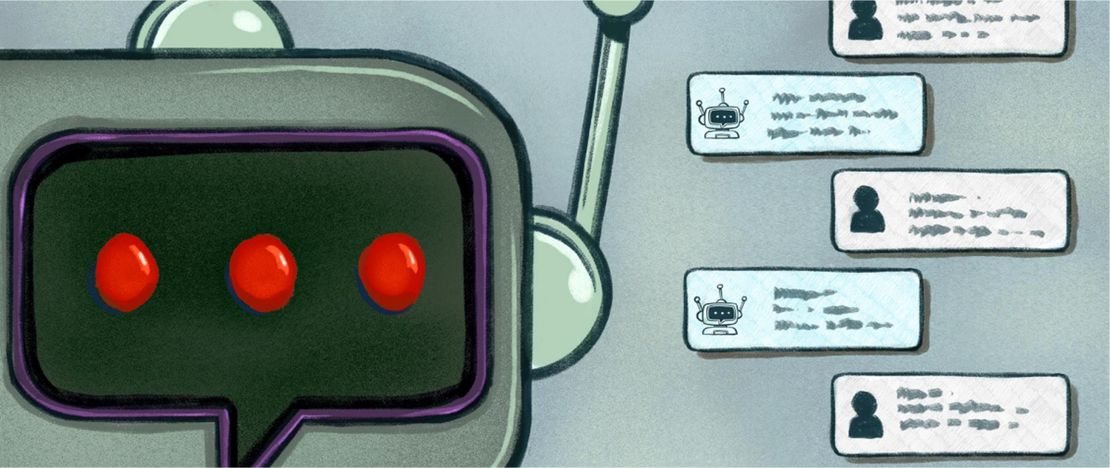
Examining officer support for community policing in counterterrorism over time
- Erin Kearns , Samantha Senn
- Police
- December 2022
Table of Contents
Using surveys to understand support for community policing in counterterrorism.
Abstract
Law enforcement leaders and officers generally agree that community policing can be beneficial in counterterrorism. Yet, data often come from a single department or a single timepoint so it unclear if findings replicate or generalize. To partially address this, we collect officer-level surveys in the same department at two timepoints to examine how support for community policing in counterterrorism—and factors associated with it—are time (in)variant. Relative to Wave 1, officers reported less experience with community policing and were less supportive of community policing in general and in counterterrorism specifically in Wave 2. Further, results only partially replicated from Wave 1 to Wave 2—which were three years apart in the same department. Together this suggest that both departmental and temporal factors influence officer support for community policing in counterterrorism.
Both departmental and temporal factors influence officer support for community policing in counterterrorism.
Full Paper
Follow link below for the paper. Questions? Contact the authors.
Full PaperTags :
Share :
Related Posts

How chatbot communication styles impact citizen reports to police: Testing procedural justice and overaccommodation approaches in a survey experiment
Understanding how chatbot communication styles impact SAR.
Read More
Lived experience and messenger credibility: A replication study on P/CVE messenger credibility in Germany
- Daniel Koehler , Michael Becker , Gordon Clubb , Jocelyn Bélanger , Michael Williams ,
- Extremism, Prevention
Examining messenger credibility in preventing and countering violent extremism.
Read More
Screening for insider threats in US law enforcement: A national sample of department policies and practices state of practice guide
Research on insider threats in U.S. Law Enforcement
Read More